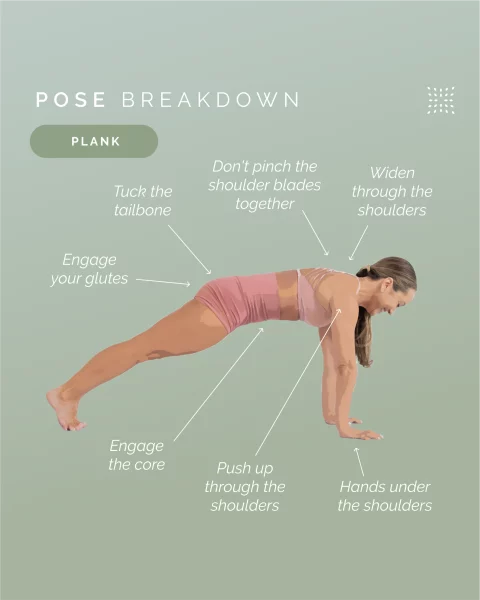Muscular endurance is the ability of a muscle or muscle group to sustain contractions against resistance, such as body weight or weights, for an extended period. Enhancing muscular endurance not only boosts athletic performance but also supports daily activities like lifting heavy objects and maintaining proper posture.
According to the American Council on Exercise (ACE), “muscular endurance helps maintain posture and stability over time, improves the ability to perform functional activities, and enhances performance in endurance-based sports.” Exercises such as push-ups, squats, and planks are top choices for building endurance without requiring specialized equipment.
For effective training, it’s essential to pay attention to workout structure. Key factors include the number of repetitions, resistance levels, sets, and rest periods between sets. The National Strength and Conditioning Association (NSCA) recommends performing 3 or more sets of 15 or more repetitions, using resistance at 50% or less of your one-rep max (1RM).
For example, if you’re using a leg press machine and your 1RM is 300 pounds, you should train with 150 pounds or less, perform 2–4 sets, and take short rest periods between sets. As endurance improves, you can increase the difficulty by reducing rest time or increasing repetitions rather than adding more weight.

In addition, compound exercises like HIIT (High-Intensity Interval Training) not only enhance endurance but also boost cardiovascular health. A study published in the Journal of Applied Physiology (2015) highlighted that variety in workouts is crucial for maintaining long-term benefits, especially when individuals enjoy their chosen training methods.
“Variety in exercise is key to sustaining long-term training effectiveness.” – Journal of Applied Physiology, 2015.
Here are some popular exercises to improve muscular endurance:
- Push-ups: Strengthen the chest, shoulders, and triceps.
- Squats: Target the thighs, glutes, and calves.
- Planks: Enhance core strength in the abdomen and back.
- Crunches: Effectively build abdominal muscles.
- Lunges: Improve balance and endurance in the legs.
To minimize injury risks, ensure you warm up with dynamic stretches for at least 5 minutes before exercising. Additionally, maintain proper posture and adjust exercises to suit your individual capabilities. If you experience prolonged pain or discomfort, pause your training and consult a professional.
Muscular endurance is not just a foundation for a healthy body but also a tool to help you tackle everyday challenges with ease. Start today to discover your limits and unleash your potential.


HPX24h > Fitness > Effective Training Tips to Enhance Muscular Endurance
Top Reads from This Category
Fitness
Aerobic and Anaerobic: The Right Training Secrets for Overall Health and Strength
Fitness
Safe Exercises for Early Pregnancy: Tips to Keep Moms Healthy and Strong
Fitness
Muscle Strain During Exercise: Effective Prevention and Recovery Tips
Fitness
How Often Should You Work Out Each Week for Effective Weight Loss and Muscle Gain?
Fitness
Cardiovascular Endurance: The Key to Optimizing Overall Health
Fitness
Risk of Increased Mortality in Diabetics Due to Prolonged Sitting: A Warning and Action Guide
Fitness
HIIT: The Ultimate Shortcut to Efficient and Comprehensive Fitness
Discover New Topics
Fitness
How Long Does It Take to Build Muscle?
Parenting Tips
My Child Is Pulling Out Her Hair: How Should I Handle This?
Science
Nanotech Technology to Destroy Blood Clots: A New Breakthrough in Stroke and Heart Attack Treatment
Animals
The Care of Offspring: The Reproductive Secrets of Guppies
Fitness
The Secret to Holistic Health: Aerobics and Its Role in Preventing Cardiovascular Disease
Parenting Tips
Teaching Children Respect: Simple Tips for Parents with Kids Aged 6 to 8
Science
The Science Behind CRISPR: Can Animal Genetic Modification Lead Us to a Better Future?
Fitness
Secrets to Building Muscle with Exercise: From Technique to Habit Maintenance
Parenting Tips
The Way to Help Preschoolers Understand How Babies Are Made
Science
Extinct Black Rhinos Could Make a Comeback with Genetic Technology
Healthy Eating
The Benefits and Risks of the Keto Diet: Is It Really Good for Your Health?
Parenting Tips
How to Prevent a 2-Year-Old from Throwing Things?
Health
The Link Between Daytime Sleep and Alzheimer’s Disease: What You Need to Know